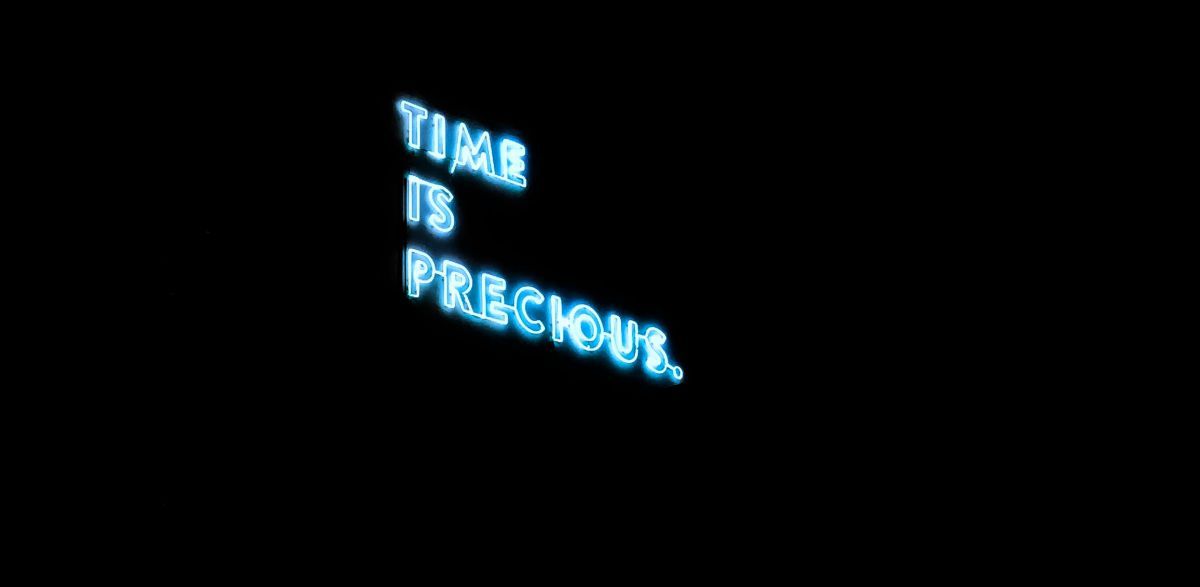Are you looking for a reliable library for your new project? With a plethora of different competitive libraries, choosing the right one may be a challenge.
Have you heard about React, or are you considering using it? Great! It can be a good choice for the development of many different products.
Not sure if it is the right one for your project? It just so happens that I prepared some of the frequently asked questions about React, and I will guide you through its twists and turns.
Hopefully, I will resolve all your doubts and answer all your burning questions
What You Need to Know About React.js (FAQ)
What is React?
React (also known as React.js) is an open-source, front end, JavaScript library used for building user interfaces or UI components.
It is maintained by Facebook and a community of individual developers and companies.
React can be used as a base in the development of single-page or mobile applications.
When was it created?
It was created in 2011 by Jordan Walke, a Facebook employee, in order to reduce the time and effort spent on creating user interfaces.
However, 2013 was also a crucial year in the development of React, as it was then when the project was open-sourced.
What is the purpose of React?
React was originally developed to create user interfaces for the web, but it’ has grown since then to include wider frontend and visual development.
It can be used for large, complex web interfaces as well as single-page applications.
In 2015, Facebook created React Native, which is a mobile framework built on top of React. It is specifically designed for creating cross-platform mobile interfaces, while React concentrates on web applications.
When is React development useful?
React is useful for creating user interfaces with reusable components. It handles the view layer for web and mobile development.
Although it is particularly useful for single-page applications, it can also be used for mobile, web, and progressive web applications.
Why is it so popular?
Over the years, React has managed to make itself known and conquer many avid enthusiasts. Why so?
First of all, it uses one of the most popular programming languages, JavaScript.
And that’s not all! React is easy and enjoyable to use and maintain. It’s also known for its flexibility.
Moreover, it is praised for its readability because it allows writing reusable components to help keep the codebase clean and understandable.
Additionally, it also uses a virtual DOM for faster, lighter, more performant apps, which makes it a popular choice during project planning stages.
No wonder that it’s so popular!
Is React a framework?
I’m glad you asked! This issue causes a lot of confusion, so I’d be happy to explain everything to make it absolutely clear.
React is a library, not a framework. What’s the difference?
The key difference between a library and a framework is the “Inversion of Control” (IoC).
The library puts you in charge, which means you can choose where and when you want to insert or use the library, and what aspect of it you want to include. In other words, you plug your library into your code.
On the contrary, the framework is in charge, not you, which means a framework controls where you put a specific part of your code. Summing up, you plug your code into a framework.
How performant is React?
React uses several techniques to reduce the number of costly DOM operations required to update the UI. For many apps, using React leads to a fast user interface without the need to specifically optimize for performance. To sum up, it’s quite performant.
Want to make the performance even better? Check out how to do it.
Can it be added to an existing project?
Have you already started developing your project but just now you decided to give React a shot? No worries, it can be easily used with an already existing project.
Does React support gradual migration?
React was designed to make it easy to adapt gradually. What does it mean for your project? Your developers can make use of just a few of its features while leaving others out.
Of course, if need be, they can include more React features to the codebase over time. React allows for introducing a gradual and well-conceived development strategy, adjusted to the current needs and expectations.
Too good to be true? What if I tell you that popular companies like Netlify have successfully migrated from other JavaScript libraries/frameworks to React, doing so incrementally?
Which companies use React?
Want to learn only from the best? Good for you, as React is being used by a lot of popular companies. Some of them include: Facebook, Instagram, Whatsapp, Netflix, Khan Academy, Yahoo, Codecademy, Dropbox, Airbnb, Microsoft, Atlassian, Slack, Storybook, and many more.
What are React competitors?
The main competitors to React are JavaScript libraries and frameworks with a focus on front-end web and mobile development, such as:
Not Your Ordinary Library
To sum up, I believe that React is an excellent choice. Its performance, as well as reusability of components, make it one of the best available libraries.
Hope I dispelled your initial doubts and answered all your questions!
If you’re looking for professional support concerning React development, make sure to visit our website. We’re here to help you!


